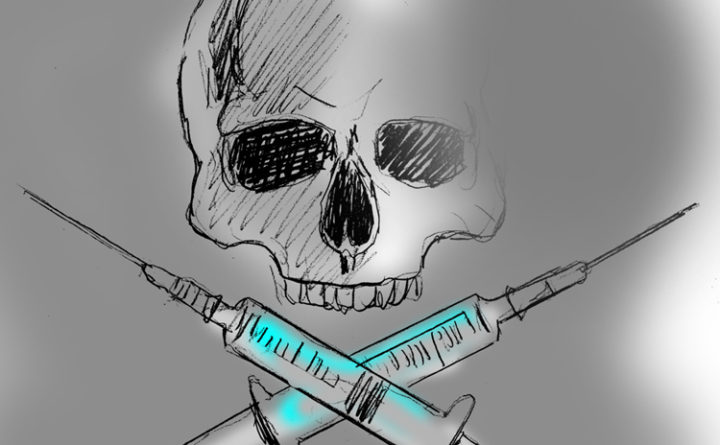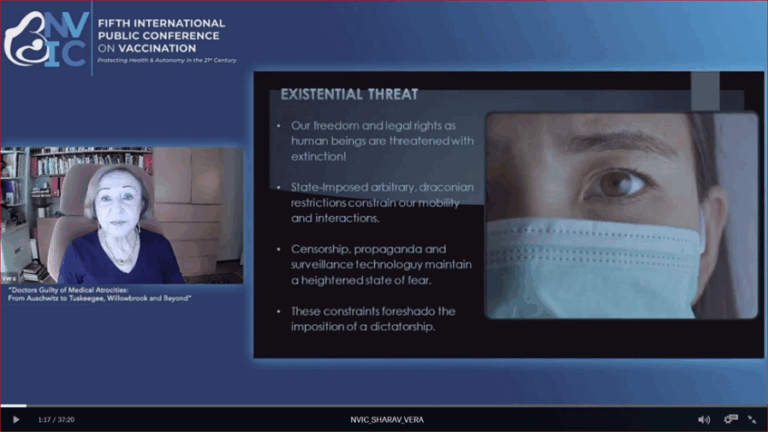APC-Xigris Increasing Evidence of Bleeding
This shift has severed the expectation that the physician’s judgment would be made on the basis of unbiased scientific evidence and the physician’s clinical experience.
Corporate medicine issues clinical practice guidelines that are not borne by scientific evidence or the patient’s best interest: practice guidelines are formulated under the influence of pharmaceutical companies by physicians whom they pay. The controversy surrounding the practice guidelines for the treatment of sepsis which recommend using Eli Lilly’s Recombinant Human Activated protein C (rhAPC, trade name, Xigris) provide insight into how corporate medicine operates. https://ahrp.org/cms/content/view/366/27/
An editorial by Drs. Peter Eichacker and Charles Natanson, “Increasing evidence that the risks of rhAPC may outweigh its benefits,” in the current issue of Critical Care Medicine (below), examines the evidence which shows that increased bleeding with rhAPC “has been a consistent finding in all sepsis trials conducted to date.” http://www.thejabberwock.org/blog/chuck.pdf
“Following approval of rhAPC in 2001, early surveys and post-marketing studies suggested that the risk of bleeding during clinical use might be greater than was noted in the original phase-3 (PROWESS) trial. Even more concerning, two additional randomized controlled sepsis trials conducted post-approval have failed to show any significant benefit with rhAPC.”
Furthermore, they point out, that in clinical care the risk of hemorrhage with rhAPC has been consistently greater than reported in controlled trials: “While the apparent efficacy of rhAPC in PROWESS has not been reproduced in subsequent trials, an increased
risk of bleeding has been confirmed in controlled trials and documented at even higher rates in clinical use.”
“Casting further doubt on efficacy in clinical practice, mortality rates from surveys describing patients treated with rhAPC [1, 4, 5] have been consistently higher than was seen in PROWESS, even after stratifying for severity of illness. While this does not constitute proof of harm, it is worrisome.”
Further doubts about the safety of Xigris were raised by a pediatric trial that showed lack of efficacy and an “increase in the number of intracerebral hemorrhages was associated with infusion of rhAPC (4 with treatment vs. 1 with placebo). Due in part to this finding and in part to lack of efficacy, the trial was stopped early.”
Assessing all of the evidence, they question the continued use of rhAPC in clinical care: “In light of increasing experience with rhAPC, the critical care community should reconsider whether the bleeding risks associated with this agent outweigh its purported benefit.”
A course of treatment (4 days) costs close to $7,000. http://www.xigris.com/about/cost_effectiveness.jsp
So long as we allow corporate interests to determine the practice of medicine, the best interest of patients will be sacrificed to increase profits.
See: Peter Q. Eichacker Charles Natanson Increasing evidence that the risks of rhAPC may outweigh its benefits, Intensive Care Medicine, February, 2007. http://www.springerlink.com/content/2246071855272r87/ (check the AHRP blog for text)
Contact: Vera Hassner Sharav
212-595-8974
veracare@ahrp.org



